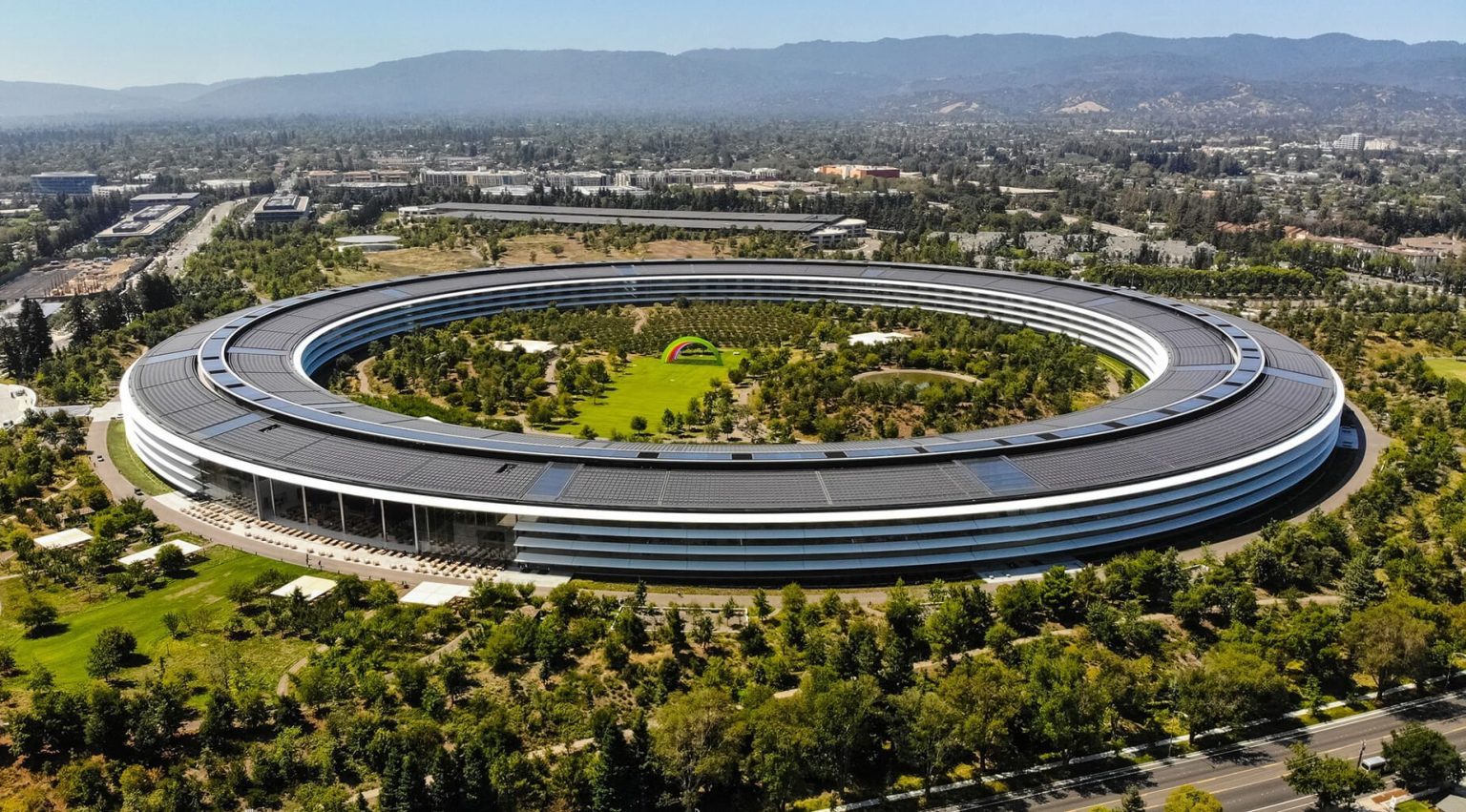Apple could soon face a massive antitrust investigation by the United States Department of Justice (DOJ). The federal entity will likely file the landmark case against the company sometime in March, according to a new Bloomberg report.
The encompassing case is said to target various aspects of Apple’s business model, including its hardware, software, and services practices. The report adds that lawyers from the DOJ and Apple reportedly met at least three times recently to discuss the looming investigation. Nevertheless, senior DOJ officials are yet to give their final approval to formally charge the Cupertino company, with Bloomberg warning that the case might not be filed until the second quarter of this year.
The impending legal action has the potential to become Apple’s most significant antitrust challenge yet, surpassing previous complaints regarding its business practices. It would add to the increasing number of major tech companies facing US scrutiny for alleged monopolistic behavior, joining the ranks of Google, Amazon, and Meta. The case would also be the culmination of probes into Apple since at least 2019, with the DOJ opting to go after Google first.

Discover new horizons, always connected with eSIM
Travel the world stress and hassle-free with the best eSIM service available. Enjoy unlimited data, 5G speeds, and global coverage for affordable prices with Holafly. And, enjoy an exclusive 5% discount.
Apple asserts that its practices are not anticompetitive and contends that they benefit various stakeholders by contributing to the overall growth of everyone involved. The company highlights the seamless user experience offered by its iPhone ecosystem as a key distinguishing factor. Nevertheless, Apple is confronting increasing regulatory scrutiny on a global scale, including imminent App Store restrictions in Europe and an ongoing investigation by the European Commission into its App Store fees among other practices.
As previously reported, authorities interviewed executives across sectors affected by Apple’s purported walled garden. Tile, a Bluetooth tracker rivaling AirTag, highlighted possible restrictions in accessing location services. Beeper, an iMessage app compatible with multiple platforms, provided insights into the company’s restrictions on broader messaging compatibility.
Furthermore, representatives from banks and payment apps discussed constraints on utilizing the tap-to-pay NFC function on iPhone, offering a more comprehensive perspective on potential anticompetitive practices within Apple’s ecosystem. Over in Europe, the company reportedly offered to open up the iPhone’s NFC system to rival banks and other institutions in a bid to avoid possible hefty fines.
The Justice Department is also said to be closely watching how Apple complies with the European Union’s Digital Markets Act (DMA). The company has yet to introduce necessary changes to the App Store to comply with the new regulation as its March 7 deadline approaches.



